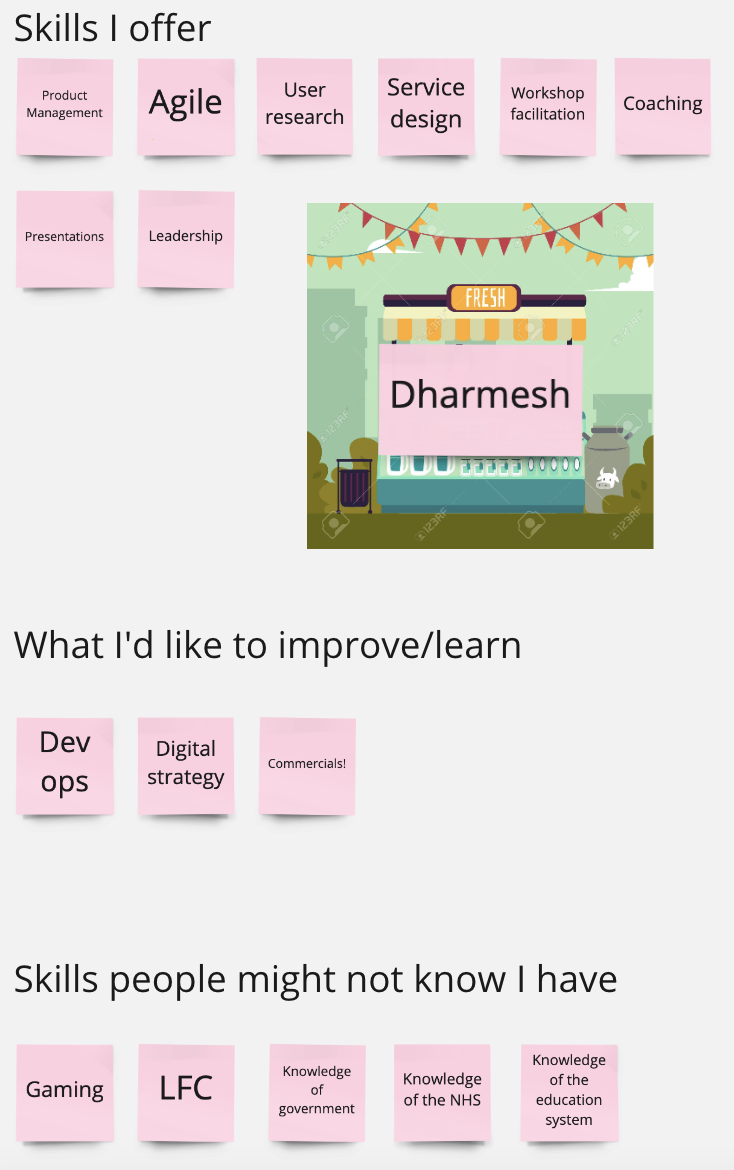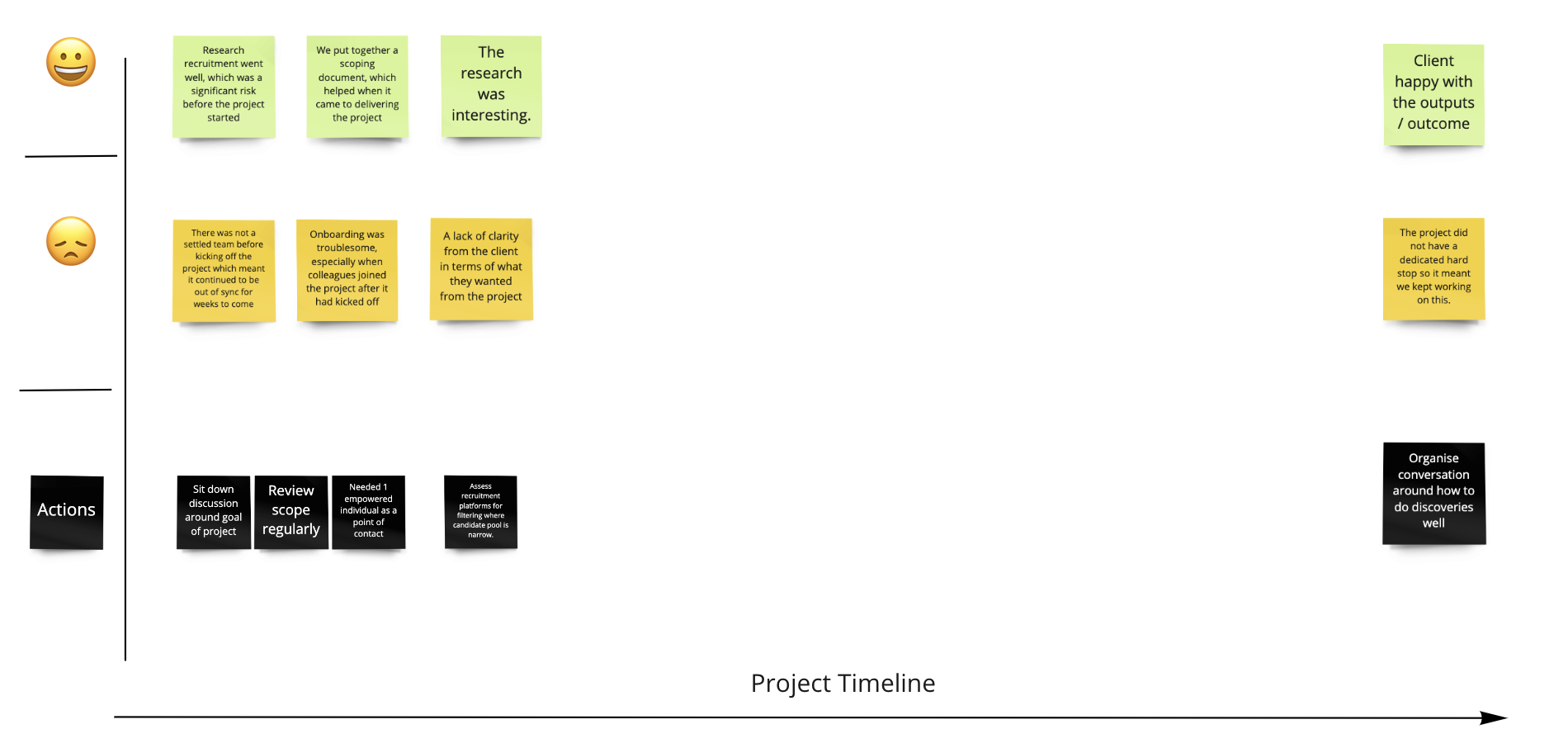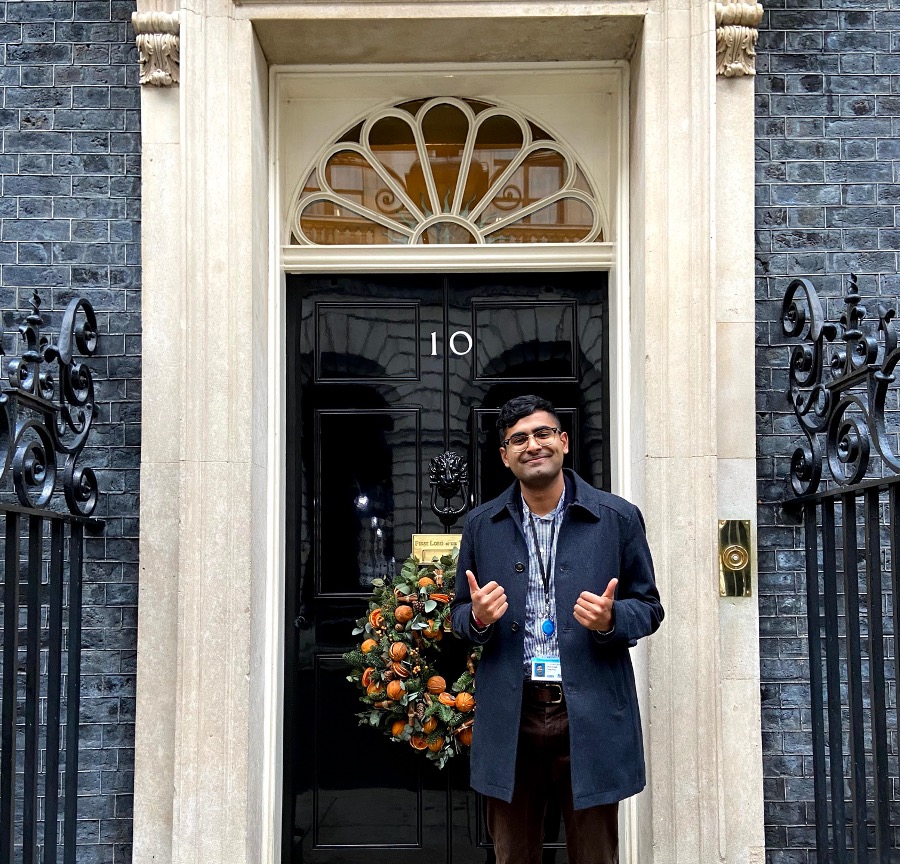In an interview, a friend of mine was once asked, how do you create a positive team culture?
His answer: Donuts
Donuts are a good answer. Everyone loves donuts. Here are my donuts, I mean tips to creating a positive team culture.
1) Language
Put people first. Never use the word resource. Be open, empathetic and listen. Instead of using words like why, I’d encourage you to try a coaching approach. Most people have the answers themselves. A coaching approach can help to build self-sustaining teams.
2) Celebrate success
A study by Boston Consulting Group found that 70% of digital transformation projects fall short of their goals. When you succeed - celebrate. The work you do is hard. You’ve done something amazing. Organise something to celebrate. In one team, we ran a drinks making session.
Don’t wait till the end of the project to give feedback. Give feedback early and often. When giving feedback, provide specific examples. If someone has sent a great email or dealt with a tricky customer, commend them.
3) General orders
Have principles that guide you as a team. This poster by GDS is something I share with my teams. It’s ok to have a bad day. It’s ok to make yourself a cup of tea or excuse yourself from a meeting. The team should use these principles to support one another. Crafting your own creates buy-in.
4) Learning and development
People want to grow and develop in their role. My team would organise weekly knowledge share sessions around difficult software engineering challenges. That way, if someone encountered something similar, they could better handle it.
I ran a marketplace of ideas, to get my team to share what skills they had and what they would like to learn more of. I used this to help organise show and tells, and assign work that would help them grow.

5) Reflect!
Reflecting on both the good and bad, can help you understand what helped and what didn’t. I like to run a timeline retrospective. It looks at the project in its entirety. Actions or lack of at the beginning of a project, can influence what happens later.

6) Be human
As we are in a pandemic, most things are remote. My teams have organised weekly cake sessions. We’re not baking in these sessions (sad times). It’s time together as a team to chat. That’s right, no work talk. It’s time to ask how people are and what they are doing outside of work. You can also play a game. We played Drawasaurus and Generals.
Before the pandemic, my previous team in health would gather round a good cup of tea. Not everyone wants to go to the pub. Make it inclusive.
7) Protect your team
There will be times when you encounter an issue that isn’t your fault. Keep a log, and have a record so you can evidence misgivings.
If there’s something that is hindering your team, don’t ignore it. Confront it. When my team was struggling with a high administrative burden, we showed the impact it had on the team. With this evidence, we were able to make changes that improved the situation.
Conclusion
A lot of what I write here, I have learnt from other brilliant people. Thank you to Nayeema, Hilary, Rob B, Connor, Lauren W, Isaac, Alex W, Ed, Ant, Sarah B, Michael K, and Mike in particular.
Please get in touch, if you have something that has worked for you.


